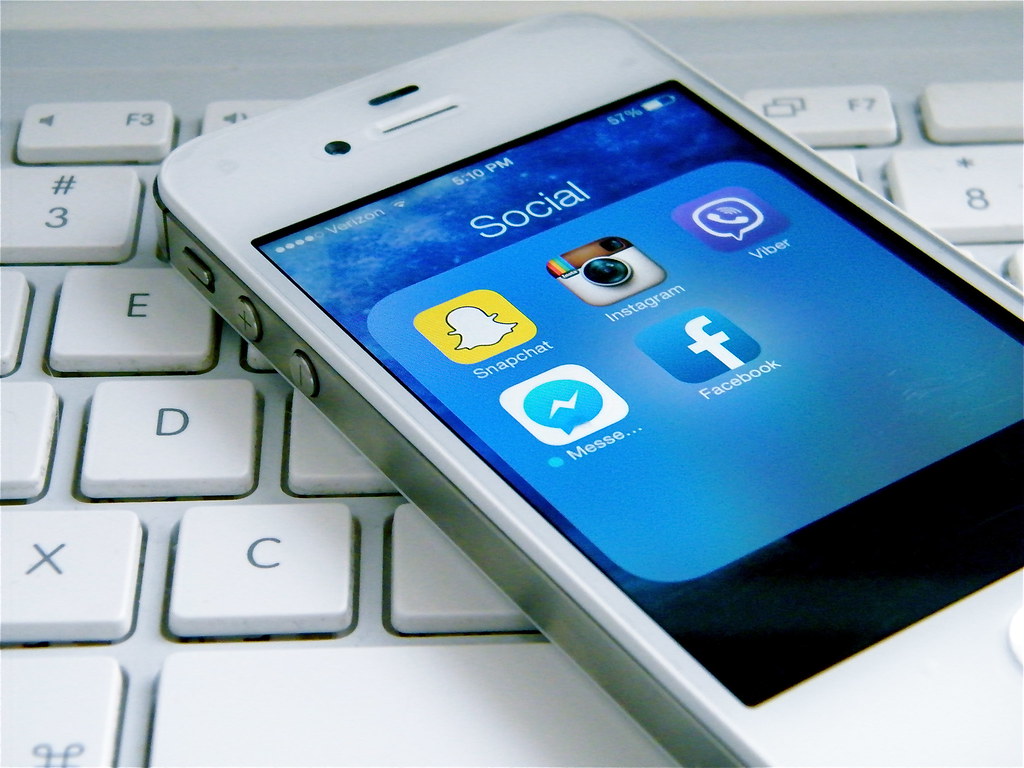On the 23rd of February, Ahmaud Arbery, 25, was jogging through his neighbourhood, just outside of Brunswick, Georgia, when he was stopped and killed. A video which has since gone viral shows an unarmed Arbery confronted by Gregory McMichael, 64, and his son Travis McMichael, 34, who shot Arbery seconds later.
A police report filed that day states that the two McMichaels grabbed their weapons and followed Arbery, who was a black man, in a truck as he ran. The McMichaels, who are white, told police that Arbery matched the description of someone caught on security camera committing a burglary in the neighbourhood. Gregory McMichael, a former county police officer, also told police Arbery violently attacked his son, which contradicts video footage.
Arbery’s parents called for arrests, expressing outrage and describing Ahmaud’s killing as ‘modern lynching in the middle of the day.’ Although the shooting took place on the 23rd of February, the McMichael’s were only charged with murder and aggravated assault on the 7th of May, after the video of Arbery’s death had gone viral, gaining widespread attention.
The use of media footage has long been instrumental in securing the rights of black Americans. During the Civil Rights Movement, the rise of television meant that protests to end Jim Crow segregation in Birmingham, Alabama led to the nationwide broadcast of footage of activists being mauled by police dogs, sprayed with tear gas and fire hoses, and the arrests of young children. This led to widespread public outcry about police violence which contributed to the ultimate desegregation of public accommodations in Birmingham and passage of the Civil Rights Act of 1964. As in the case of Arbery, the viewing of these videos means that the perpetrators of these attacks cannot deny their use of unjustified violence.
But this isn’t the whole story. Sharing graphic videos on social media of black people being murdered comes at a huge cost to the mental health of black viewers. Many of these videos are shared without trigger warnings about the traumatising violence the videos contain. I myself came across the video of Ahmaud’s death on Instagram, with no warning to prepare me for the horrific murder I was about to witness. The emotional toll of watching someone murdered, for being black like me, whilst simply jogging through their neighbourhood, as I often do, was astronomical.
Sharing footage of black people being attacked and murdered on social media is commonplace. In this week alone I have witnessed the video of Arbery’s death; the brutal attack of black people living in China as a result of the belief that they are spreading COVID-19, and a horrific video of a black man in Manchester being tasered in front of his young child who is crying out for their father. The sharing of videos portraying graphic violence against black people has sadly been normalised and is starkly in contrast with the way the media does not show videos of the murders of white people. The sharing of these videos leads to the dehumanisation of black bodies. It is disrespectful to both those killed and their families and reveals that the media views the murder of black people as a spectacle, less worthy of respect than their white counterparts.
Many years have passed since the era of the Civil Rights Movement. The video of the killing of Ahmaud Arbery and the countless other videos I have witnessed since the foundation of the #BlackLivesMatter movement in 2013 only reinforces what the wider public already knows. Anyone who denies that racism permeates American society today is being willfully ignorant. I am glad that the virality of the video of Arbery’s death has resulted in the charging of the McMichaels, yet I am hesitant to celebrate prematurely as in many cases, such as the murder of seventeen-year-old Trayvon Martin in 2012 by George Zimmerman, the killer is acquitted of all charges after being charged. I mourn for Arbery and his family; for all the black mothers whose children are murdered, and who then must witness the dehumanisation of their children as the videos of their killings become viral.
Ruby Fatimilehin
Image: Flickr.

